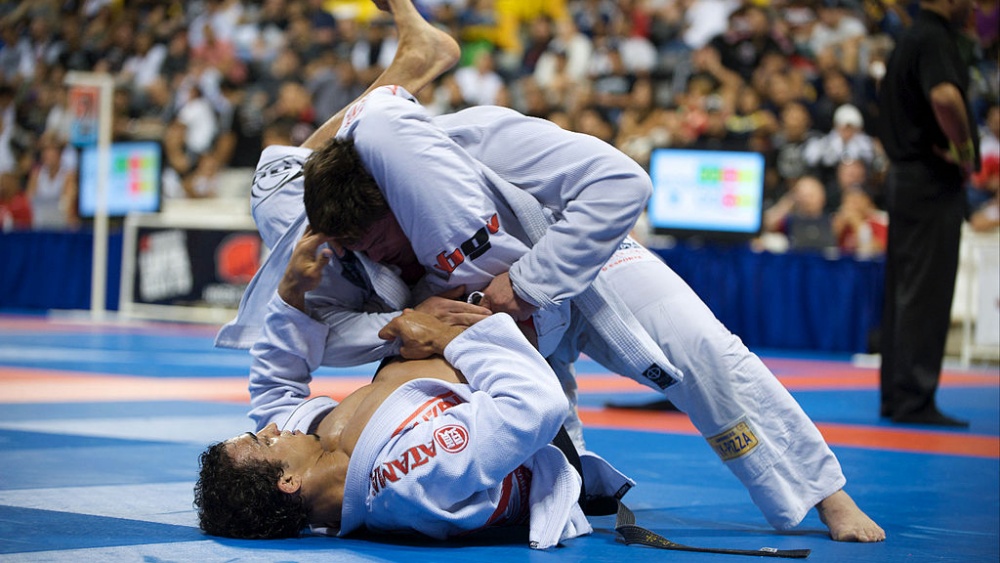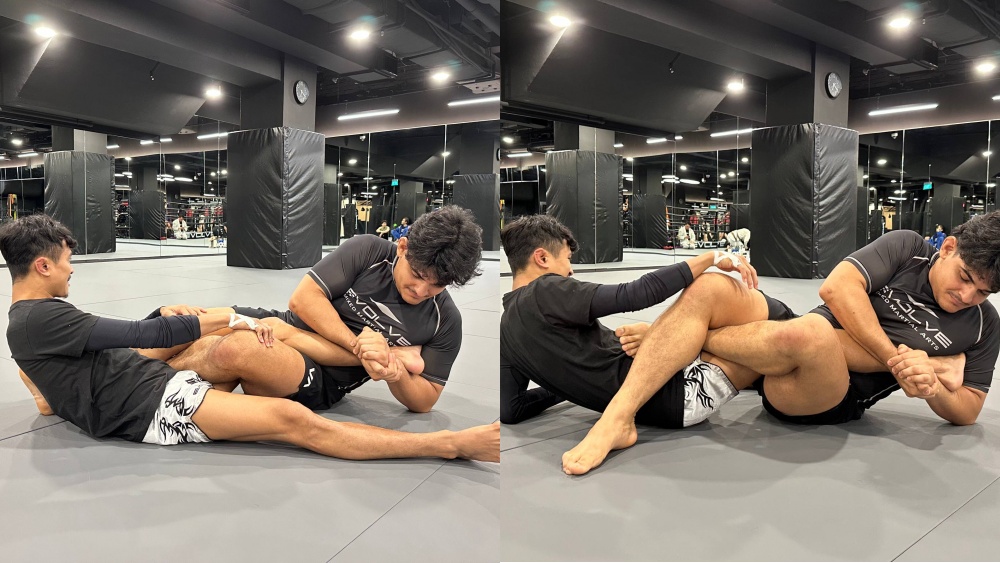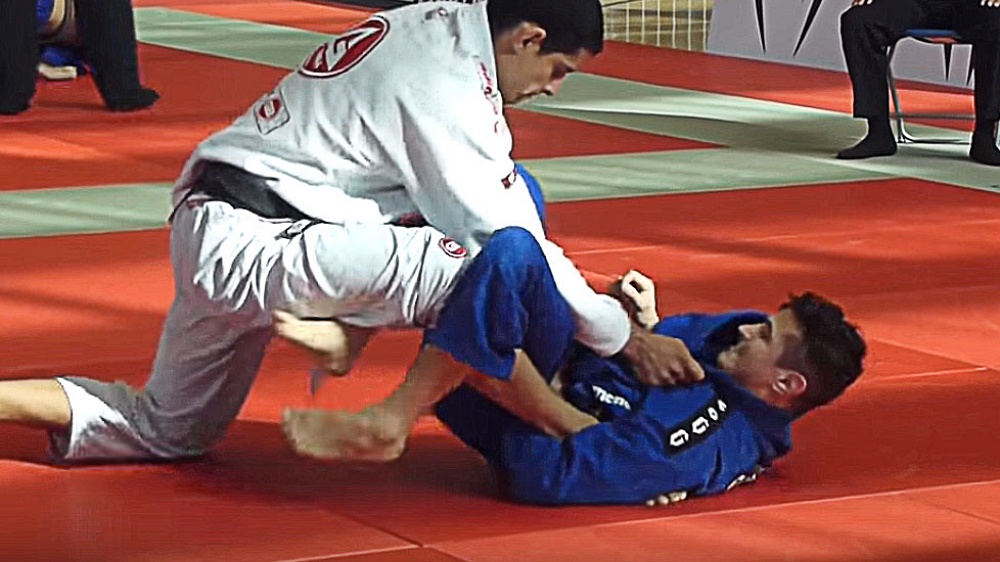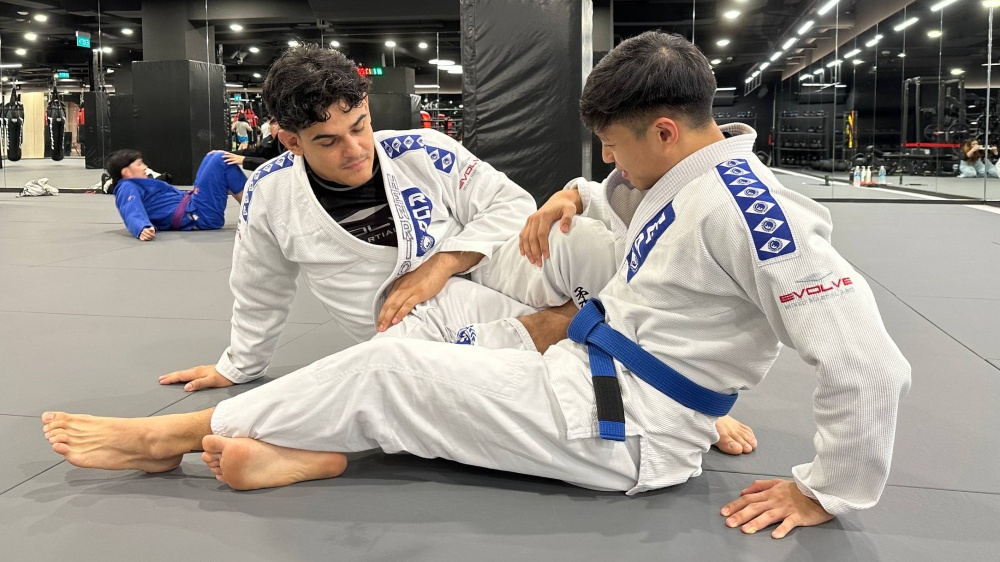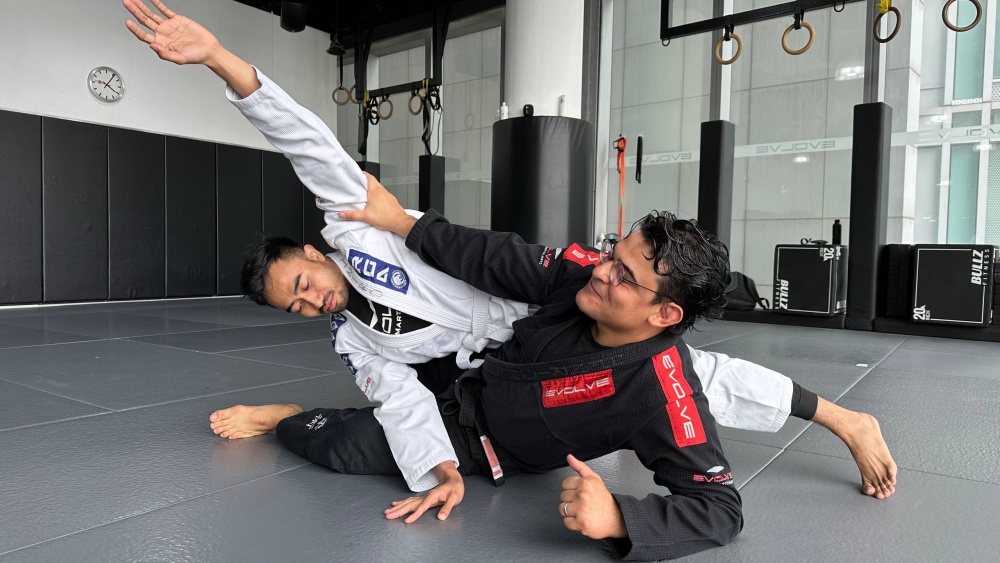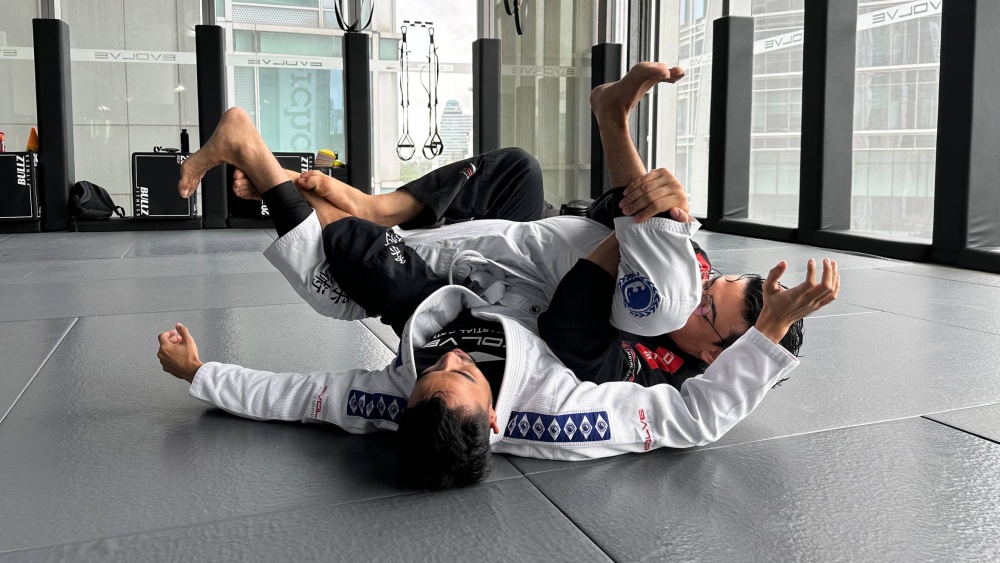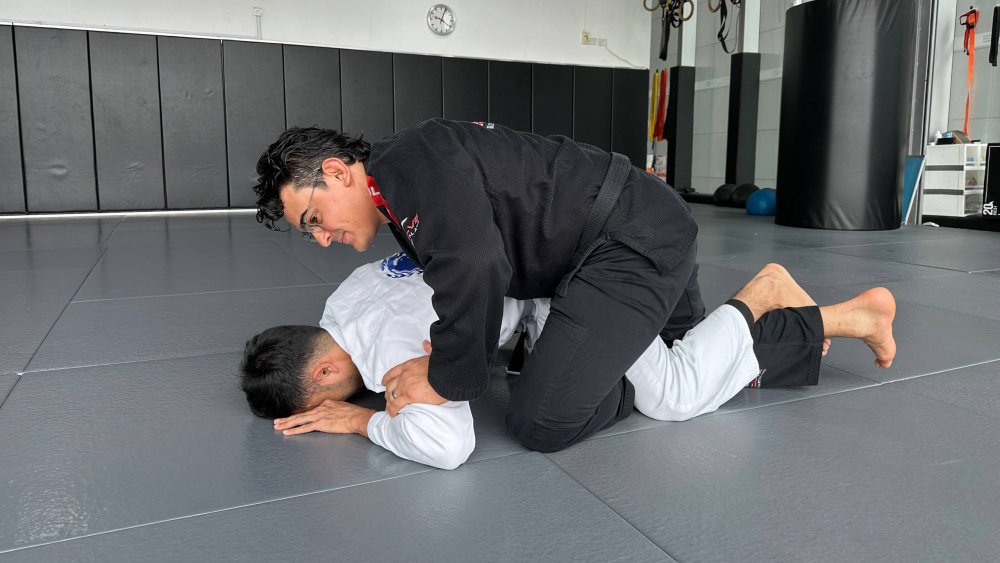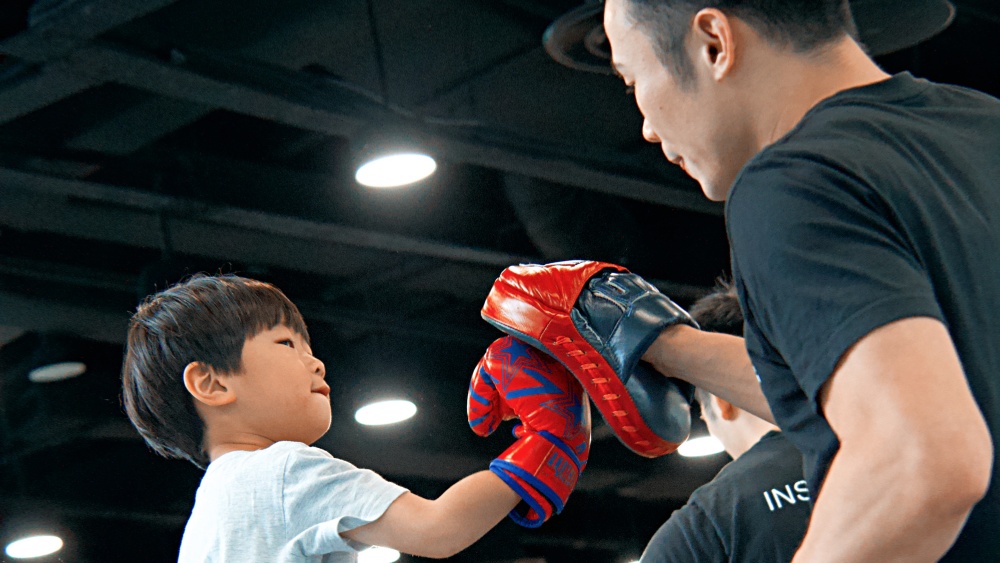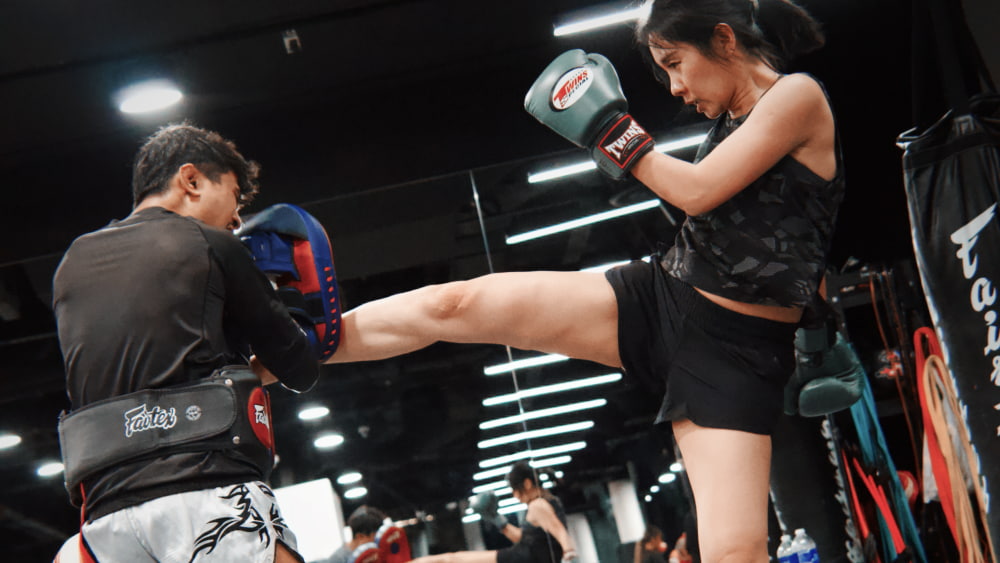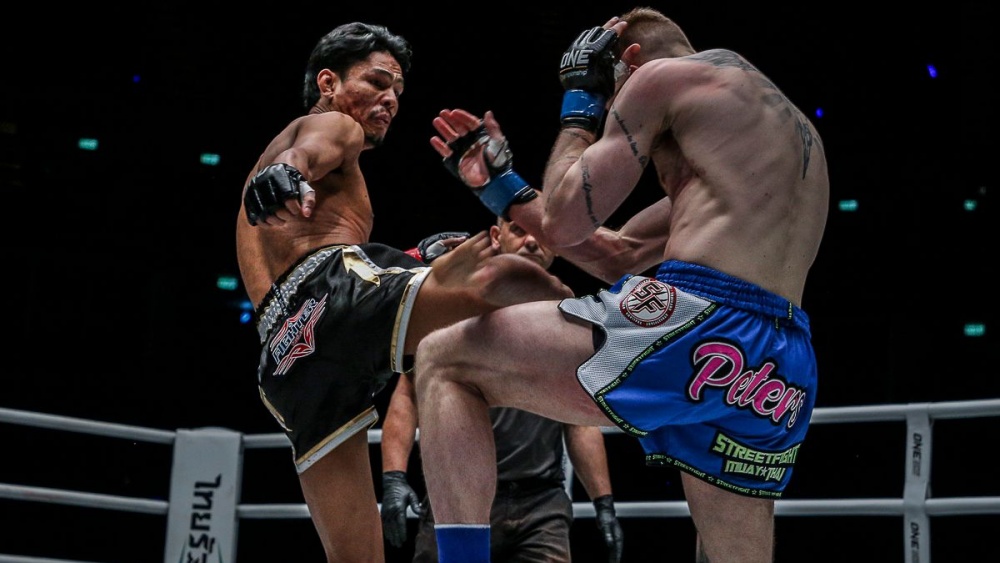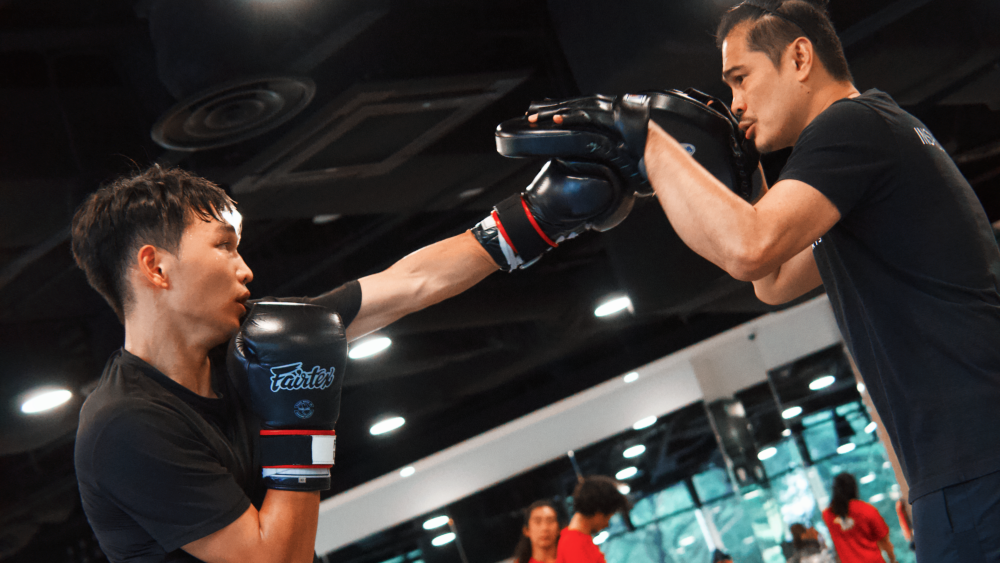The International Brazilian Jiu-Jitsu Federation (IBJJF), Abu Dhabi Combat Club (ADCC), and Eddie Bravo Invitational (EBI) are three of the biggest organizations that host multiple BJJ and grappling events every year. Each has its own distinct rules that set them apart from the other. We will try to differentiate these drastically different rulesets below based on the time limit, point system, and legal positions and submissions for the adult divisions of these events.
IBJJF
Time Limit
The IBJJF implements different time limits for different belt levels:
- White Belt – 5 minutes
- Blue Belt – 6 minutes
- Purple Belt – 7 minutes
- Brown Belt – 8 minutes
- Black Belt – 10 minutes
Point System
Points are used if no submission is executed in a match. Points are awarded for certain positions achieved by a competitor. Landing in side mount counts as a guard pass. If a competitor passes guard straight to mount, without going through side mount, they are awarded a total of 7 points: 3 points for the guard pass and 4 points for the mount.
- Takedown = 2 points
- Guard Pass = 3 points
- Mount = 4 points
- Back Control = 4 Points
- Knee On Belly = 2 points
- Sweep = 2 points
If no submission is executed and points are equal by the end of the match, advantage points are used. Advantage points are awarded by the referee if the competitor is able to put his opponent in a position or submission, but is not able to maintain it. “Almost” passing the guard constitutes an advantage. A near submission on an opponent is also eligible for advantage points, as are near sweeps. If all points and advantages are equal, then the victor will be determined by the referee’s decision if no penalties are scored.
Illegal Moves
Listed below are illegal submissions and positions. There are different illegal moves for every belt level. Applying illegal moves for a competitor’s belt level will cause either a penalty, or outright disqualification.
- Wrist Locks – legal at all levels except for white belt
- Bicep Slicer – legal only at brown and black belt
- Calf Slicer – legal only at brown and black belt
- Toe Holds – legal only at brown and black belt
- Knee Bars – legal only at brown and black belt
- Heel Hooks – legal only at brown and black belt
- Knee Reap – legal only at brown and black belt
- Spine Locks (e.g. Twister) – banned
- Slamming – banned
ADCC
Time Limit
Unlike the IBJJF, the ADCC has a different time limit for its flagship event – the ADCC World Championships – which tends to be longer than their other events. They also have different time limits for the qualifying rounds and the finals
- World Championships – 10 minutes (qualifying rounds) 20 minutes (finals)
- Nationals and Trials – 6 minutes (qualifying rounds) 8 minutes (finals)
Point System
The ADCC point system is very different from the IBJJF system. The ADCC does not award points in the first half of a match.
- Guard Pass = 3 points
- Mount = 2 points
- Back Control = 3 Points
- Knee On Belly = 2 points
- Sweep that ends in the guard = 2 points
- Sweep that ends with the guard passed = 4 points
- Takedown that ends in the guard = 2 points
- Takedown that ends with the guard passed = 4 points
The ADCC also penalizes the competitor with a penalty point for doing certain actions like pulling guard and for refusing to engage or being passive.
Illegal Moves
In the ADCC, slamming is allowed for the sake of escaping submissions, but at any other time, slamming is illegal. Spine locks such as the Twister is also illegal.
EBI
Time limit
EBI matches are 10 minutes, with a focus solely on submission. If the match does not end in the allotted 10 minutes, it goes into the overtime rounds. The overtime time limit is 2 minutes per set. An overtime round is composed of 2 sets. There is a maximum of 3 rounds or 6 sets of exchanges in overtime. Overtime rules will be explained more in-depth in the point system section below.
Point System
There is no point system in EBI rules. What sets it apart from other events is the overtime system. As mentioned earlier, If no submission is scored for the entire 10 minutes, the match will go into the overtime round. In the overtime round, either of the competitors will flip a coin. The winner of the coin flip will select from 2 positions:
- The spiderweb (armbar position with the attacker on top) or
- Back control with both hooks in.
The goal for both positions is to get a submission for the attacker and to escape from the position for the defender. The winner of the coin flip will also dictate who will start first as the attacker. After the exchanges, they will switch positions; the previous attacker will become the defender and vice versa.
In the two exchanges:
- If one competitor is able to submit the other and they themselves are not submitted when the position changes, the victory will be awarded to the competitor with the submission.
- If both competitors are able to submit each other, then the time it took to get the submission will be referenced and the competitor with the faster time will earn the victory.
- If both of the competitors are not able to submit each other, then they will go for another round, for a maximum of 3 rounds. If no submission is applied at the end of all 3 rounds, the competitor with the fastest escape in all 3 combined rounds will be the winner of the match.
Illegal Moves
All grappling moves are legal in EBI including spine-locks.
Conclusion
With these events, we can see how differently the game can be played based solely on the changing ruleset. With more events from different organizers consistently popping out, watch out for newer and more exciting ways to play the sport of Brazilian Jiu-Jitsu!
You may also like:
